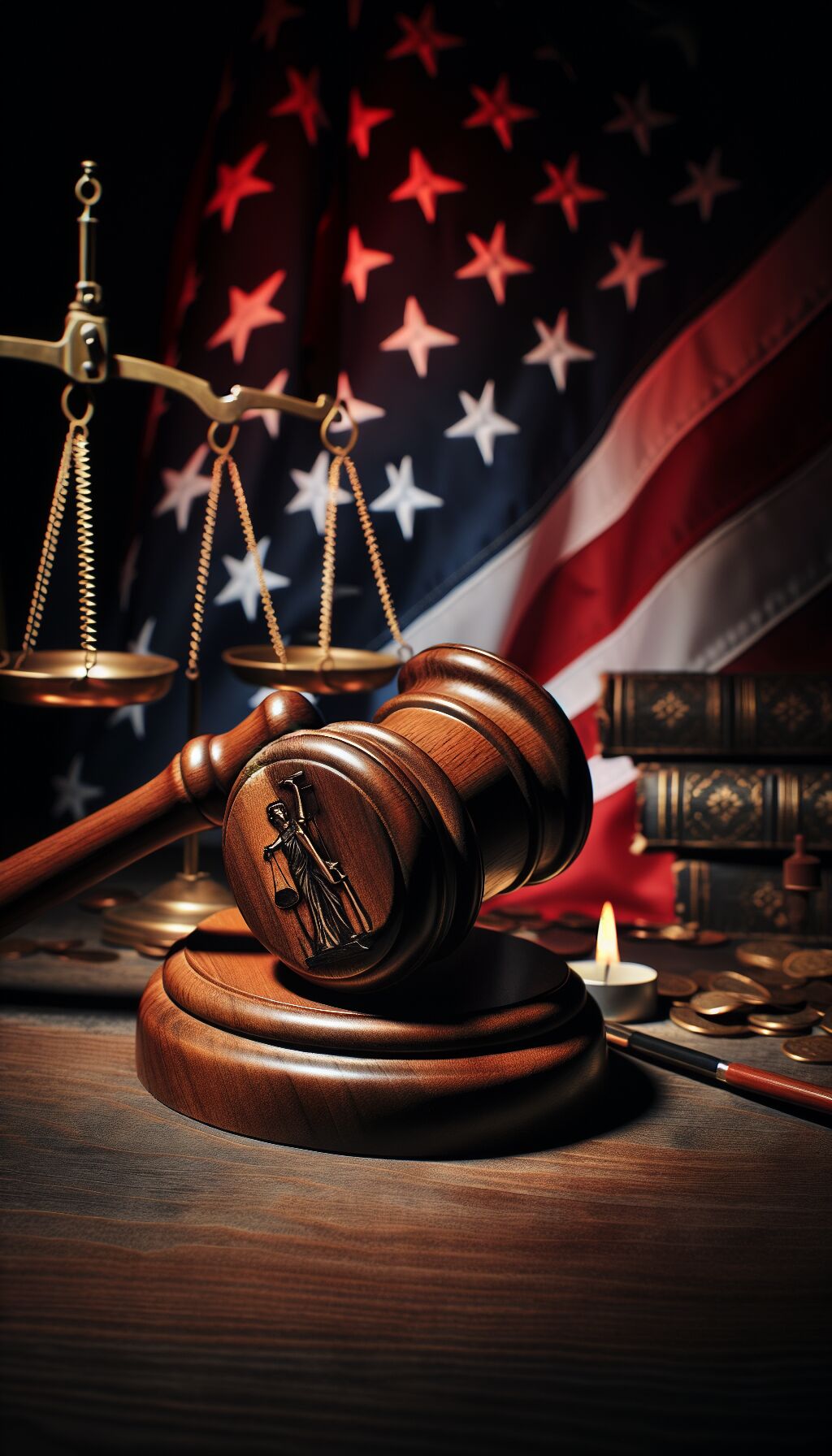President Biden’s Controversial Pardon of Hunter Biden
In an unexpected move that has stirred significant controversy, President Joe Biden granted a sweeping pardon to his son, Hunter Biden, just days before leaving office. Critics have viewed this action as a potential political maneuver that could further fuel claims of a “politicized” Justice Department, particularly amid ongoing tensions with former President Donald Trump.
The Pardon and Its Implications
President Biden’s statement announcing the pardon claimed the legal troubles of his son were the result of a politically motivated investigation. “No reasonable person who looks at the facts of Hunter’s cases can reach any other conclusion than Hunter was singled out only because he is my son — and that is wrong,” the president asserted.
Despite the rationale, legal analysts were taken aback not just by the pardon itself but by its extensive reach. The pardon covers a period of nearly 11 years, starting from January 2014—coincidentally the year Hunter joined the board of the controversial Ukrainian energy company, Burisma—to Sunday, when the news of the pardon broke. This wide-lens approach could effectively shield the president’s son from future legal repercussions related to actions taken within this timeframe.
Legal Perspectives on the Pardon
Trey Gowdy, a former federal prosecutor, commented on the expansive nature of the pardon. He noted that it “could really not be more sweeping.” According to Gowdy, the timeframe covered includes “almost all federal statutes of limitations,” meaning that charges for numerous federal offenses committed by Hunter during these years are likely outside the reach of the law.
A significant factor in the public outcry against this decision is Biden’s prior commitment to uphold the justice system, a commitment he contradicted with this pardon. Earlier in the year, after Hunter was convicted on three felony firearm charges, Biden stated, “I am not going to do anything. I will abide by the jury’s decision.”
Contradictions and Public Perception
Despite the backlash, White House officials have defended Biden’s actions, insisting that he maintains his belief that “no one is above the law.” A spokesperson reiterated that the pardon aligns with the president’s respect for the judicial process and that it fell well within his constitutional powers.
However, legal scholars like George Washington University professor Jonathan Turley have voiced strong criticisms of the pardon. He described it as “one of the most disgraceful pardons even in the checkered history of presidential pardons,” emphasizing that while the president’s constitutional authority allows for such an action, it raises ethical questions about integrity and accountability.
The Political Ramifications
Biden’s decision to pardon his son has rekindled fears about a politicized Justice Department. Critics argue that such an action appears to corroborate Trump’s frequent assertions that the judiciary is being weaponized for political agendas. Ryan Williams, a GOP strategist, suggested that Biden’s actions give more fuel to these narratives and may further alienate the public from trusting the independence of law enforcement institutions.
Former Congressman Gowdy echoed these concerns, critiquing the increasing politicization of the Department of Justice in recent years. He articulated a desire for a return to a focus on legal facts rather than political affiliations in prosecutorial decisions. “Prosecuting your political enemies, involving family members, all of this stuff is new, and all of it’s really dangerous,” he stated.
Case Evidence and Investigative Context
Special Counsel David Weiss, who led the investigations into Hunter Biden, has consistently defended the actions taken against him, noting that there has never been any evidence suggesting vindictive or selective prosecution. Weiss pointed out that Hunter’s legal team had attempted to have the indictment dismissed multiple times, claiming those motions were grounded in meritless arguments.
Balancing Accountability and Perception
As the dust settles on this controversial pardon, analysts and lawmakers continue to dissect its implications. While some have argued that Hunter Biden’s legal issues would not have come to light if not for his father’s presidency, others maintain that the apparent severity of Hunter’s alleged wrongdoings warranted scrutiny. Gowdy confessed that he would have pursued the tax and corruption allegations against Hunter, thus indicating that the issues at stake transcend political lineage and casting a shadow over the accountability of high-profile figures.
A Call for Reform
The events surrounding Hunter Biden and the subsequent pardon have reignited calls for significant reform within the Justice Department and FBI. Gowdy expressed a pressing need for these institutions to extricate themselves from political entanglements. “They need to get out of the business of politics,” he insisted.
As the nation contemplates this unprecedented pardon, it is clear that the implications reach far beyond the Biden family. The case raises fundamental questions about the relationship between politics and justice—a relationship that is becoming increasingly scrutinized in the contemporary political landscape. Amidst this, the public’s trust in the legal system hangs in the balance.
